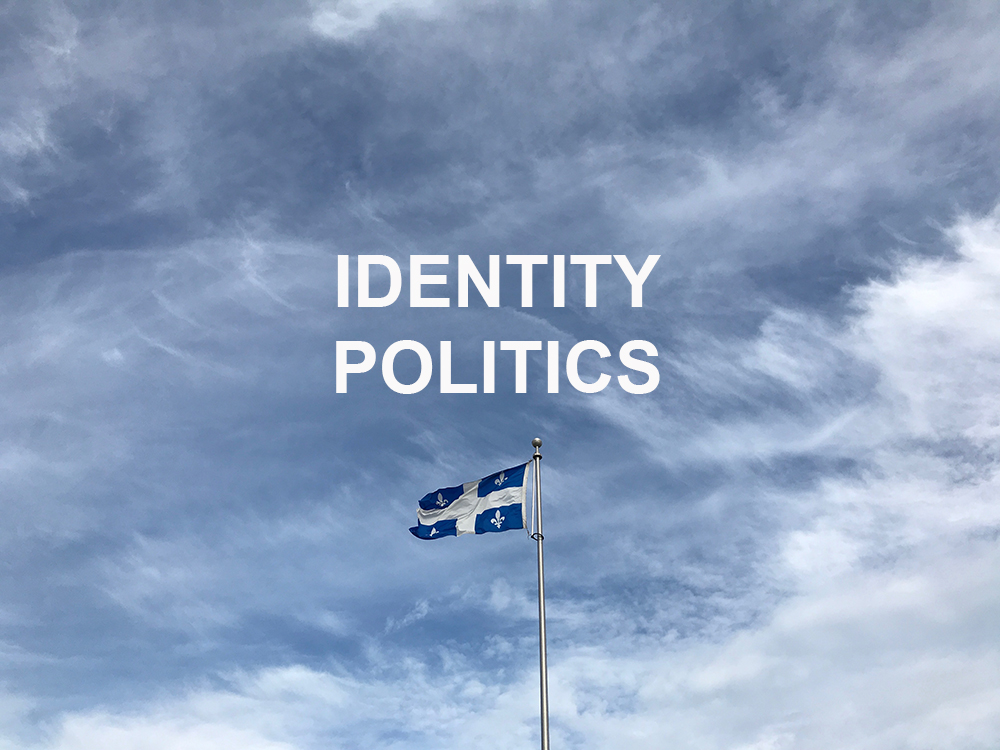Once upon a time, not too long ago, Quebec was the most intensely Catholic jurisdiction in the whole world. The Church played a huge role in the province’s politics and social life; attendance at Mass was extremely high; and large families (which heeded the religious mandate against birth control) all seemed to contribute at least one son to the priesthood and a daughter to the nunnery. It is doubtful that there existed, even in the Vatican, a spirit of Tridentine Catholicism to equal that of Quebec.
The Quiet Revolution of the 1960s changed all that. Quebec became more urban and outward looking, religious fervour declined, clerical vocations almost disappeared, and the birth rate plummeted. (It is an interesting irony that had the separatist parents of the 1960s filled their cradles with the same enthusiasm as their ancestors did, they would have furnished more than enough young voters to win the independence referendum a generation later.)
Now, Quebec is one of the least religious provinces in Canada.
Recent governments in that province have signalled this shift in mentality by two pieces of secularizing legislation. In 2017 the Liberals brought in Bill 62, “An Act to foster adherence to State religious neutrality” which attempted to forbid anyone giving or receiving a state service with their face covered, a law clearly aimed at the veils and niqabs of the Islamic minority.
This law would have prevented some devout Muslim women, not only from being employed as teachers or in the public service, but also from applying in person for a driver’s license or taking public transportation. The courts stepped in and suspended this legislation.
Undaunted, the new Coalition Avenir Québec regime introduced Bill 21, “An Act respecting the laicity of the State”, a law which prohibited the wearing of religious symbols while acting as a public servant and in certain cases, requiring the removal of face coverings. The government invoked Section 31, the “notwithstanding clause”, to shield the bill from court challenges for five years. Moreover, the province’s Charter of Human Rights and Freedoms was amended to include a statement that the Quebec nation considers “state laicity to be of fundamental importance.”
Quebecers overwhelmingly support the new law, but it is difficult to find any media outlet in the rest of Canada which is in sympathy with it. The CBC and prominent newspapers speak of the bill “emboldening hateful beliefs”, “fostering xenophobia and sexism”, and sowing “fear, division and the erosion of fundamental rights.”
Our current Prime Minister (the man who barred anti-abortion religious groups from getting summer employment funding) gasped, “It’s unthinkable to me that in a free society we would legitimize discrimination against citizens based on their religion.”
Hitherto, I have been a supporter of a healthy coexistence between governments and faith communities. Unlike some secular extremists, I don’t mind if a City of Winnipeg bus carries a “Merry Christmas” greeting or if my mayor issues a proclamation saluting the Hindu holiday of Diwali.
But it would be foolish to ignore the growing public unease that has followed increased levels of immigration. Just check out the latest polls which indicate support for limiting numbers of newcomers, especially non-whites, and an earlier survey where a Canadian values test was favoured.
There seem to be two approaches to the switch from a monoculture to a multiculture. One is that mandated by the federal government since the 1960s: there is no such thing as a “real Canadian”, that immigration threatens nothing and enriches everything, and there is always room for one more pavilion at Folklorama. To be fair, this has (largely) worked so far, at least.
The other is that which is now being attempted by Quebec. In order to avoid clashes between groups, and an identity politics that rewards one group at the expense of others, Quebec now wants to create a neutral public sphere where no one can signal any religious affiliation. Thus, when a motorist is pulled over by the QPP he will not be confronted by a Sikh, a Jew, or a Christian in a uniform, he will see only a police officer.
Which one of these approaches will better produce lasting social peace will be an interesting social experiment.



